Indias Foreign policy has a historial back ground which has not so far been systematically studied. The india National Congress, the main organization that carried the strughle for national freedom, showed interest in question of foreign policy right form its birth in 1885. this interest, at first limited, grew with the broadening of its general political outlook. Gradually, certain principles on foreign policy and certain ways of looking at world affairs evloved. These become the foundations of indias foreign policy when she emerged as a free country on 15 Augest, 1947 anad form the subject of the present study.
The importance of this subject is further underlined by the role of Jawaharlal Nehru. As Indias Prime Minister and Minister for External Affairs he was the chief architect of her foreign policy; earlier he had also been largely responsible for shaping the Congress outlook on world affairs from 1927 0nwards. The Nehru Legacy in Indias Foreign Policy has been continuing to guide Indias forgein policy to a large extent even after the passing away of Nehru. Hence a study of the evolution of Indian foreign policy during the period of struggle for independence will, it is hoped, also deepen our understanding of Indias foreign policy today. Nothing is stationary in this world, certainly not foreign policy. It changes according to circumstances and conceptions of national interests. But our understanding of every phenomenon is improved by a study of its antecedents. This is part of the justification of all historical writing. This is also the assumption behind the present study. We shall be able to understand Indias foreign policy better if we are familiar wiwth the attitude of the Indian National Congress towards affairs between 1885 and 1947.

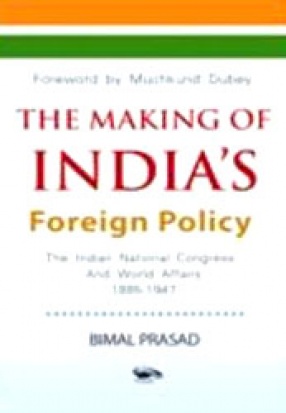
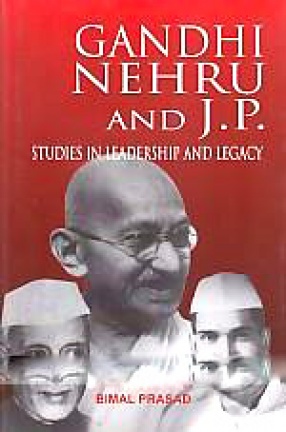

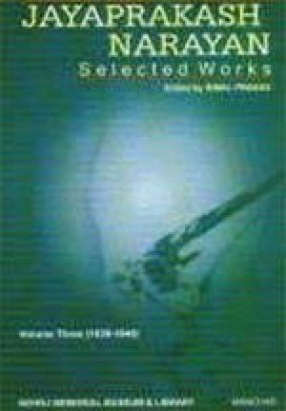

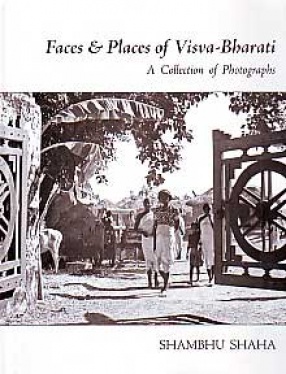
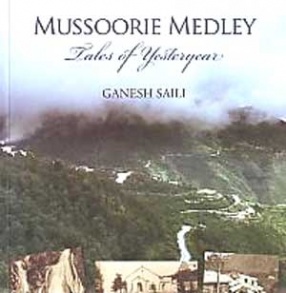
There are no reviews yet.